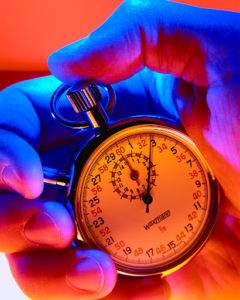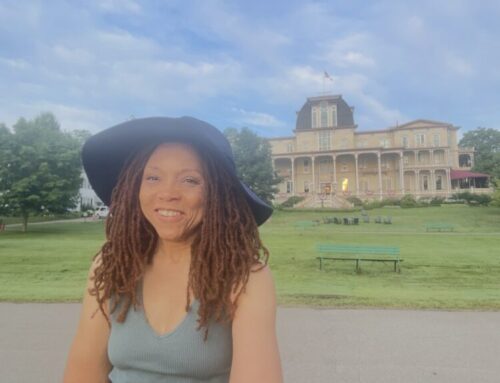 I feel I need to writer faster. And it’s not because I have deadlines looming (which I do) and it’s not because I’m writing at a snail’s pace–I’m really not. It’s because I’m in this place where writing is leading to more writing. Ever since I started the MFA in Writing program at the Vermont College of Fine Arts, I’m having more ideas and more work I want to produce. The projects currently jostling for space in my brain include a novel, an emotionally hefty personal essay and a short story. There’s more percolating, but those three pieces are under my fingers right now. Make no mistake though: I want to get to the percolating ones too.
I feel I need to writer faster. And it’s not because I have deadlines looming (which I do) and it’s not because I’m writing at a snail’s pace–I’m really not. It’s because I’m in this place where writing is leading to more writing. Ever since I started the MFA in Writing program at the Vermont College of Fine Arts, I’m having more ideas and more work I want to produce. The projects currently jostling for space in my brain include a novel, an emotionally hefty personal essay and a short story. There’s more percolating, but those three pieces are under my fingers right now. Make no mistake though: I want to get to the percolating ones too.
Many writers tend to think in terms of speed and flow. The work comes either quickly and easily or it doesn’t. When it’s slow and difficult we start dreading writer’s block. But what’s really happening when we speed up or slow down with our writing? I think this is worth figuring out if only so we don’t beat ourselves up on the hard days. Here’s what I learned about my writing speed. I hope it helps you learn about yours.
First of all, I should say there is a virtue to writing quickly. I tell students in my classes and workshops all the time about how the first draft doesn’t have to be pretty, that they can just bang it right out. The initial writing is the hard part–rewriting is relatively easy. However the speed thing hasn’t been working out for me. Earlier this week I noticed something was interrupting my “bang it out” process. I decided to go to the library one afternoon so I could observe myself for a few quiet hours as I wrote as fast as I could. At first I thought I would be slowed by trying to write too perfectly, but no. I was letting the cliches roll and leaving plenty of awkward sentences to be tended to later. My page count grew.
 Then I had one of those light bulb moments when I realized a certain action happening in my story would be better performed by a different character. The change opened up a wonderful range of possibilities and connected well with my overall theme. This is when the process slowed. Instead of writing fast, I had a puzzle to solve and the puzzle put the brake on my work. It was like playing “Tetris,” that computer game where you try to place blocks of various shapes as they fall from the top of the screen. When you fill a line of blocks, the line quickly disappears as more blocks fall. I couldn’t write so fast while playing Tetris on the page. As I wrote through my new idea I could see pieces of the puzzle falling all over the place. I would catch them, rearrange them. Sometimes I would have to turn or flip a piece to get it to fit into the puzzle. Once I got all the blocks filled in I could fly and write quickly again. But soon more pieces would fall and I had to slow down and go back to working the puzzle.
Then I had one of those light bulb moments when I realized a certain action happening in my story would be better performed by a different character. The change opened up a wonderful range of possibilities and connected well with my overall theme. This is when the process slowed. Instead of writing fast, I had a puzzle to solve and the puzzle put the brake on my work. It was like playing “Tetris,” that computer game where you try to place blocks of various shapes as they fall from the top of the screen. When you fill a line of blocks, the line quickly disappears as more blocks fall. I couldn’t write so fast while playing Tetris on the page. As I wrote through my new idea I could see pieces of the puzzle falling all over the place. I would catch them, rearrange them. Sometimes I would have to turn or flip a piece to get it to fit into the puzzle. Once I got all the blocks filled in I could fly and write quickly again. But soon more pieces would fall and I had to slow down and go back to working the puzzle.
Okay, now I know: this is my process, with fiction anyway. Sometimes I will be fast, sometimes not, especially as I see patterns developing in my story and I work to capture all these pieces of light. The next step? Learning to accept my process and be patient with myself, knowing I’ll complete the work as long as I remain persistent. What do you have to learn about your process and how fast you write?
Let me know and then? Keep writing!
![]()


